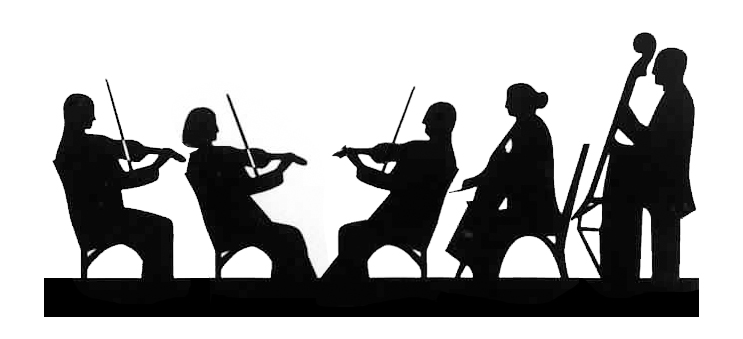

Few works, if any, in the classical repertory can match the universal appeal of Ludwig van Beethoven's Symphony No. 5. It fulfills every category commonly employed to judge a work’s greatness, while transcending all of the undefinable criteria—that something that tells your gut you have experienced something special, but can’t precisely define it.
Beethoven composed a total of only nine symphonies. For his era, this was considered few. Mozart wrote 41 and Haydn wrote about 105. But unlike any other symphony by any other composer, Beethoven's Fifth has attracted admirers from nearly everyone who has ever heard it. Why the appeal?
The symphony begins with three reiterated short notes, followed by a sustained fourth. This four-note phrase, known as a motif, then repeats at a lower pitch. This was not a typical beginning in Beethoven’s time, but Beethoven was a vanguard and created bridges from one era to the next.
What follows this unusual beginning is near miraculous, and certainly masterful.
Throughout the four movement (section), 30–35-minute symphony, Beethoven continuously repeats, borrows, mutates, transforms, and otherwise refers to, those first four notes. Even when the main melody of any given segment is entirely contrasted, you'll will likely hear allusion to the opening motif in the accompaniment or supportive material. Sometimes Beethoven simply flares out with little four note phrases that don't sound like the motif in melody but do in rhythm. This concept laces the entire symphony.
The mysterious motif has often been linked to a fate message. The image conjured up is that of Beethoven defying lightning and thunder with a clenched fist. During World War II the motif was associated with ''V" for Victory, as the three shorts and a long are the Morse Code equivalent of the letter "v.” We may never know the true meaning or intent of the motif (if indeed there was one). It might have come from a personal battle with “fate,” as often portrayed, or anger from increased rent; we do not know. But be reminded that Beethoven was equally renowned for his lyricism and soft side.
If you have not heard the entire symphony, please try to find the time to find a place without outside interruptions and listen to the entire work—it’s only about 30-35 minutes—and imbibe and internalize and savor every moment. If you do, it is entirely plausible that you will have touched something beyond this mortal existence.
the Music Master
